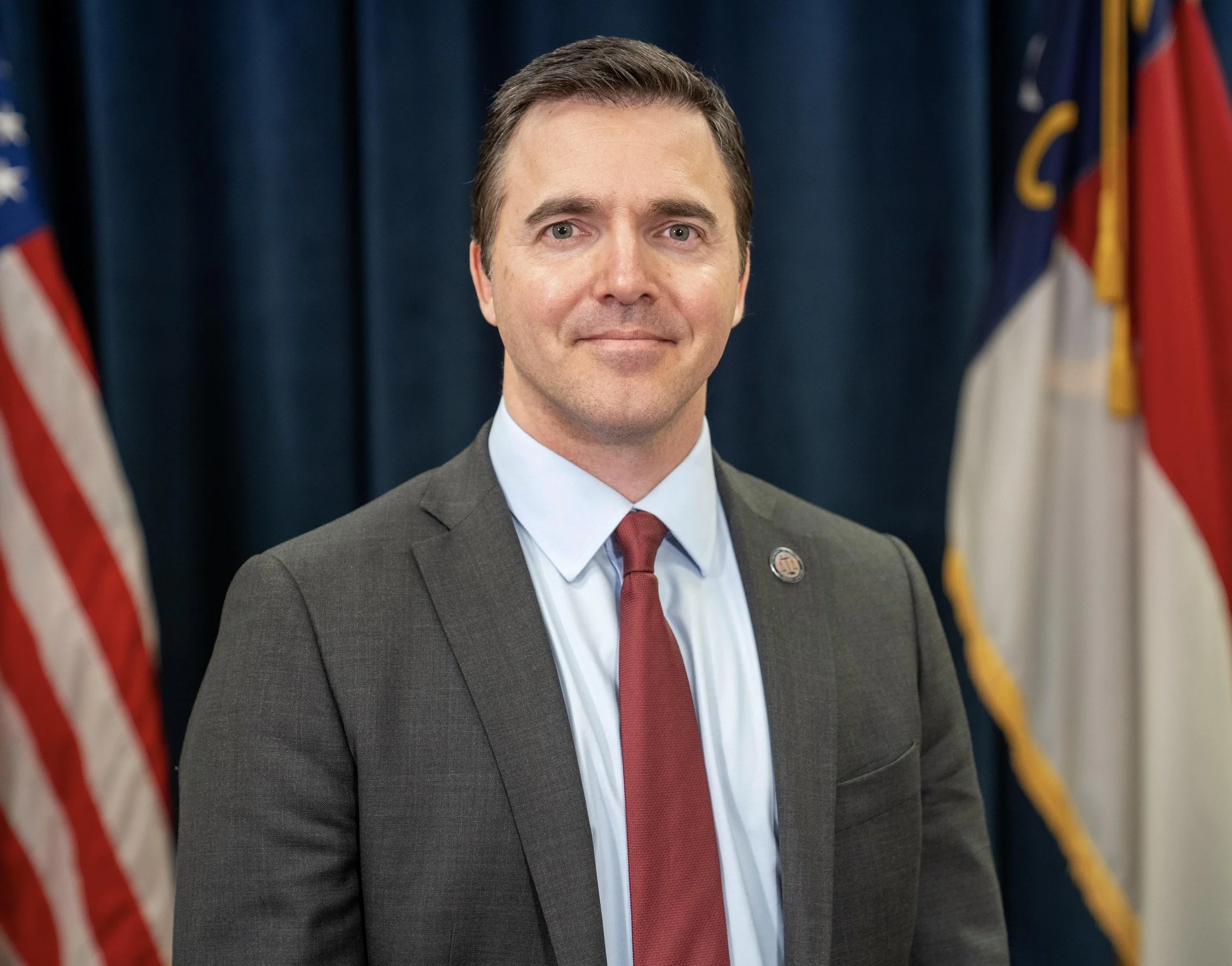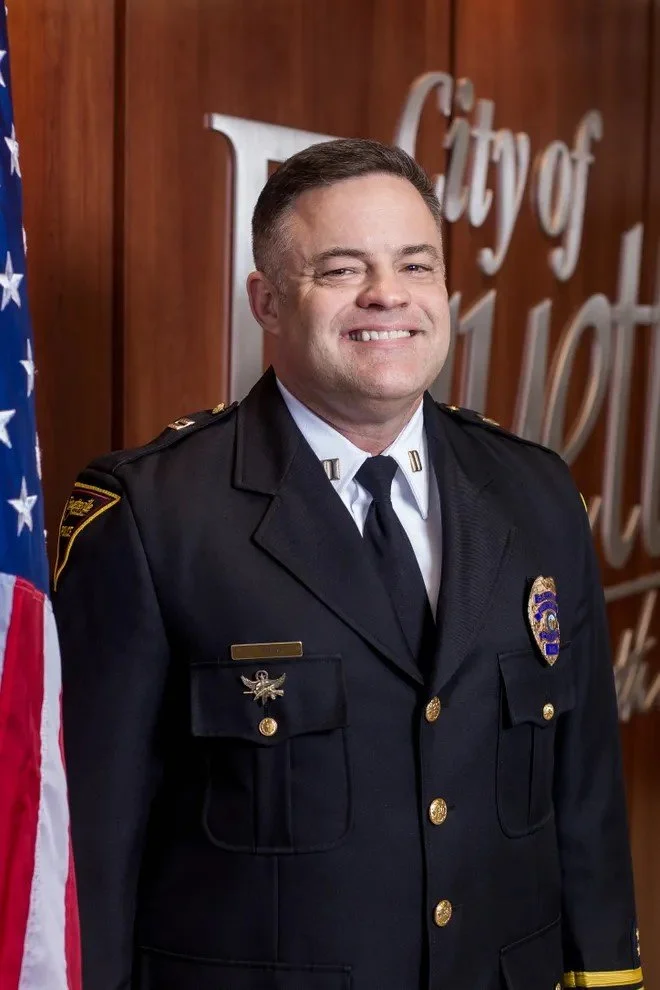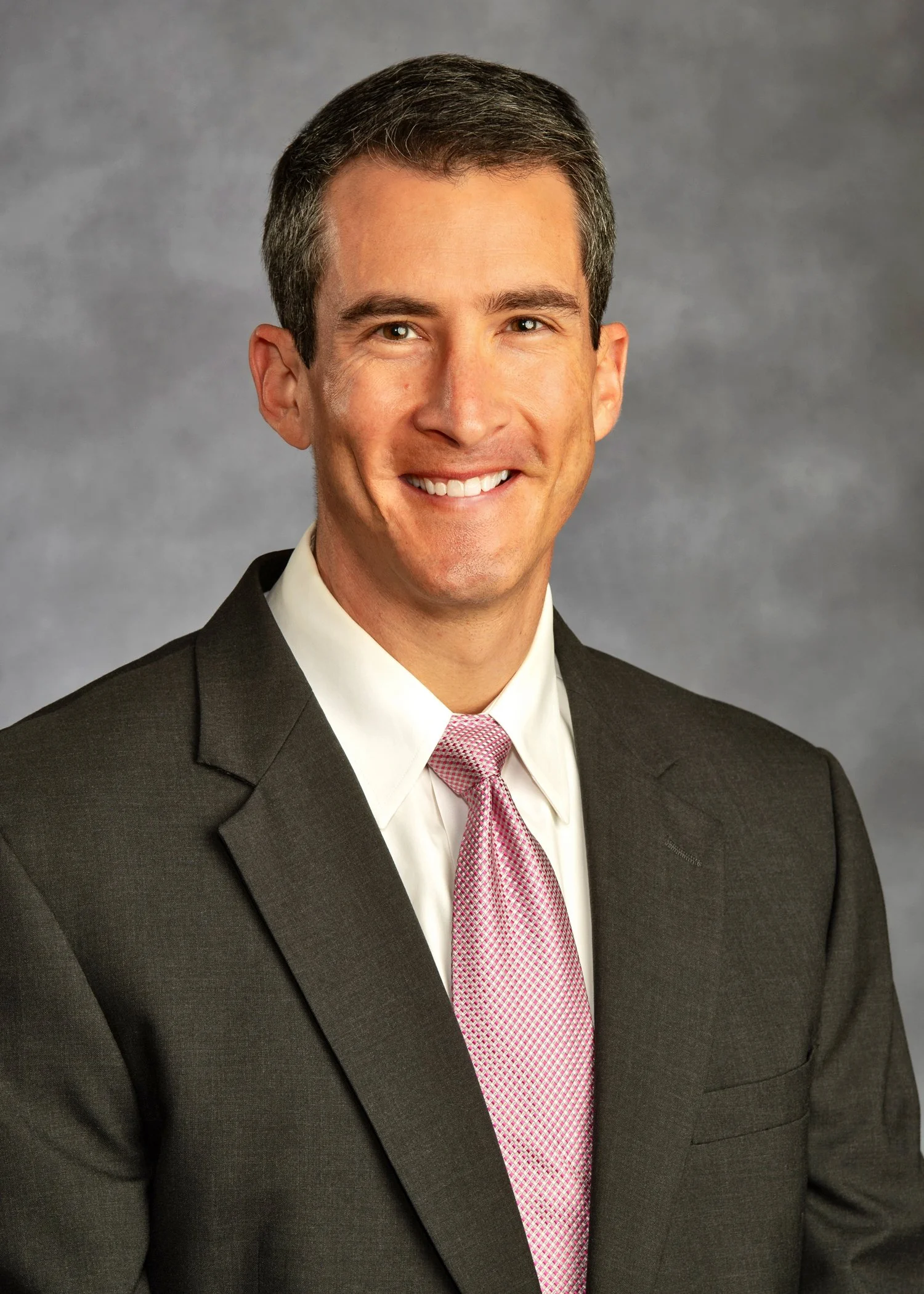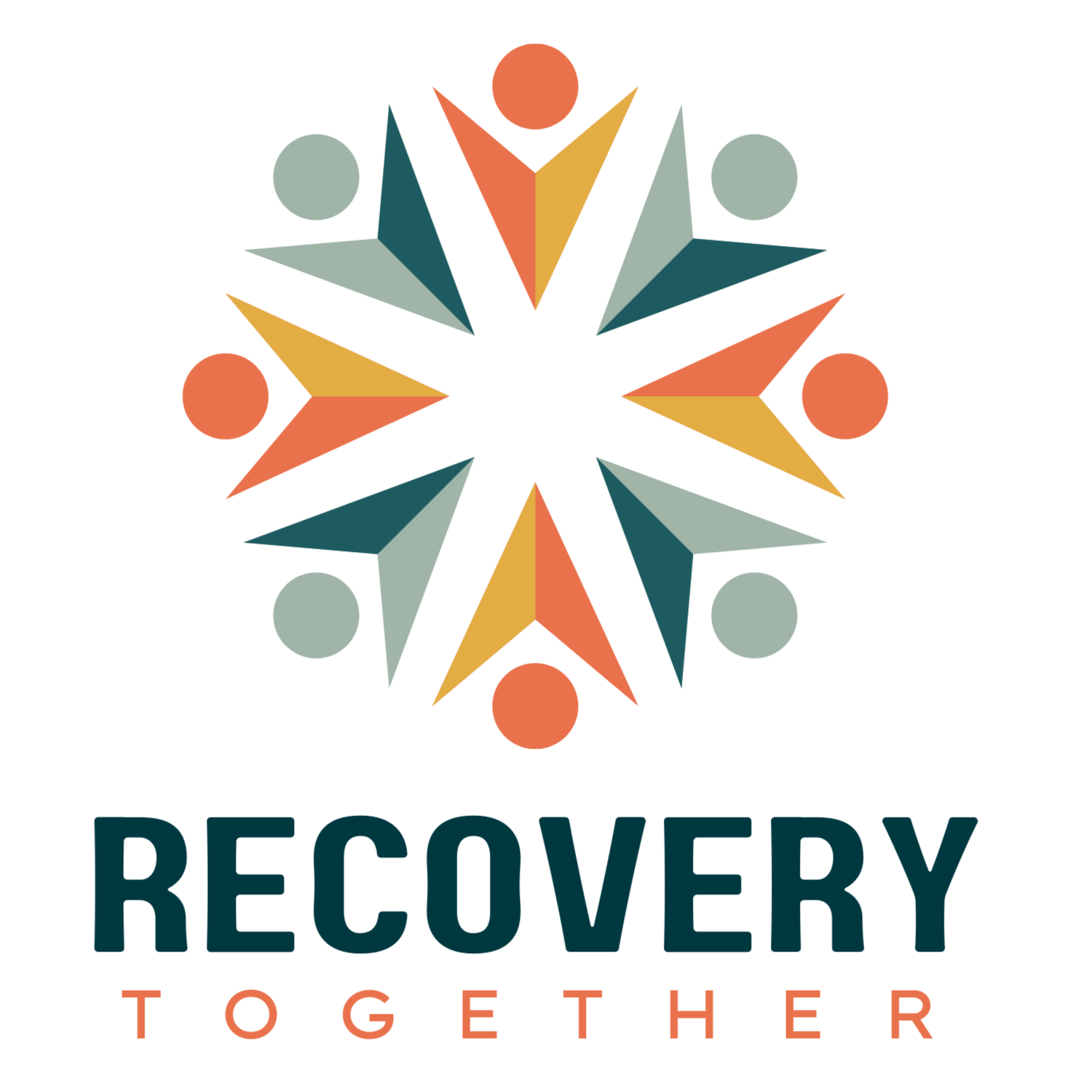
Upcoming events.

Recovery Together ENC Conference 2025
Join us for third annual Recovery Together ENC Conference— this will be an exciting day of education, networking and fellowship amongst recovery professionals. This conference includes 11 breakout sessions, an opening plenary from our Attorney General, Jeff Jackson and closing plenary session by Stephen Murray. You will not want to miss this! SCROLL BELOW TO PREVIEW THE SPEAKERS AND BREAKOUT SESSIONS
CONFERENCE AGENDA
8 - 9 am Registration / Conference Check-in
9 - 9:20 am Welcome and Announcements
9:20 - 9:50 am Opening Plenary Session
9:50 - 10 am Break and Vendors
10 - 10:50 am First Breakout Session
10:50 - 11 am Break and Vendors
11 - 11:50 am Second Breakout Session
11:50 am - 1 pm Lunch and Vendors
1 - 1:50 pm Third Breakout Session
1:50 - 2 pm Break and Vendors
2 - 3 pm Closing Plenary Session
-

Attorney General Jeff Jackson
OPENING PLENARY SPEAKER
BIO: Jeff Jackson is the 51st Attorney General of North Carolina. He began his career in public service when he enlisted after the attacks of September 11th and served in Afghanistan. He continues to serve as a Major in the Army National Guard and is in his 22nd year of military service.
When Attorney General Jackson returned home from Afghanistan, he went to law school at UNC with help from the G.I. bill. He became an assistant district attorney in Gaston County.
Attorney General Jackson served as a North Carolina state senator representing Mecklenburg County for eight years, then became the first person to represent North Carolina’s 14th Congressional District, which included parts of Mecklenburg and Gaston counties.
-

First Lady of NC- Anna Stein
OPENING PLENARY SPEAKER
BIO: First Lady Anna Stein was born in Elkin, North Carolina, the Surry County town where both of her parents were raised. She is the daughter of David Harris and Patty and Ron Brown and the big sister of John Harris, Sara Brown Gardner, and the late Laura Brown.
She moved to Greenville as a baby while her parents attended East Carolina University, and later, at age seven, settled in Winston-Salem. Anna attended R.J. Reynolds High School and the University of North Carolina at Chapel Hill, obtaining both a bachelor’s degree in psychology and a Juris Doctor.
Anna met her husband Josh in 1993 while the two were summer legal interns for Attorney General Michael Easley. After graduating from law school, Anna clerked on the NC Court of Appeals for Judge Joe John and then joined Robin Hudson in private practice, later clerking for Hudson at the NC Court of Appeals as well.
After having her three children, Sam, Adam, and Leah, Anna returned to graduate school to obtain her master’s in public health from UNC-Chapel Hill. From 2011-2024, she worked as an agency legal specialist for the Chronic Disease and Injury Section at the NC Division of Public Health, specializing in policy surrounding legal substances such as tobacco and alcohol, and illicit substances.
Growing up in rural North Carolina and then working in public health and law grounded Anna’s goals as First Lady of North Carolina: ending the stigma around substance use disorder and mental health, supporting reentry programs and rehabilitation programs and correctional staff, and promoting rural tourism. This year, Anna was appointed to the Joint Reentry Council by Department of Adult Correction Secretary Leslie Cooley Dismukes, and participates in the council’s critical work to improve rehabilitation and reentry for incarcerated individuals in our state.
In her spare time, Anna likes to spend time with her husband Josh; her kids Sam, Adam, and Leah; and her dogs Lila and Harper.
-

Jesse Battle
BREAKOUT SESSION SPEAKER
BIO: Jesse Battle is currently the Sr. Director of Community Partnerships and a member of the clinical counseling team at TROSA. Jesse accepted this position after serving as the Director of the Men’s Program for 20 years.
Facing a judge with habitual felon charges, Jesse was provided with an opportunity to attend the TROSA program in 1995. After graduating the program in 1997, Jesse earned a MS degree in Mental Health Counseling.
Being able to achieve professional goals has allowed Jesse to assist individuals trapped by the collateral consequences of past behaviors in obtaining the life they desire.
At times, the barriers that they face are often perceived as insurmountable. Jesse wants to make sure that these individuals do not lose hope.
Edward Louis Cole once said, “You don’t drown by falling in the water; you drown by staying there."
SESSION TITLE: Criminogenic Needs and Substance Use Disorders: An ill-fated partnership
Session Description: Involvement in the criminal justice system and a substance use disorder is an ongoing partnership that continues to have negative implications on society. This session will focus on addressing criminogenic needs in conjunction with treatment for substance use disorders. Criminogenic needs are factors associated with engagement in illegal activities. Additionally, the session will focus on the relationship between criminogenic needs and recovery capital. Recovery capital is described as an individual’s ability to draw on internal and external resources to promote and sustain recovery. I am justice-involved (i.e., jail, probation, incarceration, treatment). My personal journey will serve as a guide in exploring the relationship between addressing criminogenic needs and developing recovery capital.
-

Stephen Murray
CLOSING PLENARY SPEAKER
BIO: Stephen Murray, MPH, NRP, is the Associate Director of Overdose Prevention and the Director of the SafeSpot Overdose Hotline at Boston Medical Center and an Adjunct Assistant Clinical Professor of Community Health Sciences at Boston University School of Public Health. In 2021, he retired as a Lieutenant at a large regional ambulance service in Western Massachusetts, and had served as a first responder since 2013, having worked both as a firefighter and paramedic. He regularly shares for a national audience about his lived experience as a person who used drugs and overdose survivor. Stephen provides expert technical assistance around the topics of overdose prevention, emergency medical services, workforce and harm reduction to a variety of organizations, county and state governments across the country, including the White House Office of National Drug Control Policy, Commonwealth of Massachusetts, Substance Abuse and Mental Health Services Agency, the National Academies of Medicine, and the National Governors Association. He has guest lectured at over a dozen universities including Harvard University, Brown University, University of Southern California, UMASS Medical School, and Georgetown University. He has research published in the International Journal of Drug Policy, Substance Use & Addiction Journal, American Journal of Public Health and Health Promotion Practice. In September 2023, he was featured in the multiple award-winning Episode 809 ("The Call") on This American Life.
SESSION TITLE: The Last Responder- Rethinking Recovery and Overdose
SESSION DESCRIPTION: In this powerful and deeply personal session, Stephen Murray, paramedic, overdose survivor, and harm reduction leader, invites attendees to reexamine what we think we know about addiction, recovery, and the overdose crisis. Drawing from his own lived experience and frontline work in EMS and public health, Murray explores how the overdose crisis is not the result of individual failure, but of systemic abandonment fueled by the war on drugs. He challenges traditional recovery narratives that center abstinence, punishment, or “rock bottom,” and instead offers a vision rooted in autonomy, compassion, and survival. Through stories from the field and reflections on privilege, policy, and the drug supply itself, this session reframes drug use as a health and human rights issue and makes the case for a revolution in care.
-

Lars Paul
BREAKOUT SESSION SPEAKER
BIO: After serving four years as a United States Marine and dedicating 25 years to the Fayetteville,
NC Police Department, Lars Paul retired as Police Captain in December 2020. He held various
positions during his tenure with the police department, including patrol and investigations. For
twenty-two of those years, he worked as an operator and eventually rose to the position of
Commander of the department's Emergency Response Team (SWAT). Lars is a graduate of the
247th session of the FBI National Academy and holds a Bachelor of Arts degree in History from
Fayetteville State University. In 2013, Lars became involved in harm reduction by initiating the
department's naloxone program in collaboration with the North Carolina Harm Reduction
Coalition (NCHRC), making it the second such program in the state at the time. Building a
strong partnership with NCHRC, Lars took the next step by establishing a LEAD (law
enforcement assisted diversion) program in 2016, the fourth of its kind in the nation. In 2023,
Lars was hired full-time by NCHRC as the Law Enforcement Program Manager. He, along with
two law enforcement contractors, operates and supports seven diversion programs across the
state. They distribute naloxone to law enforcement agencies and provide naloxone training,
Crisis Intervention Training (CIT), and other harm reduction training to law enforcement officers.
SESSION TITLE: Resources for Recovery - What is Working?
SESSION DESCRIPTION: An overview of Harm Reduction, focusing on its application to drug use, and discuss how Law Enforcement can leverage these programs and concepts to enhance job efficiency. There will be an introduction followed by emphasis on Law Enforcement programs such as OD recognition and Narcan use, SSP, Good Samaritan law review, and Law Enforcement Assisted Diversion (LEAD).
-
Adam Manning & Jamie Tripp
BREAKOUT SESSION SPEAKERS
BIOS: Adam Manning - After 16 years of active drug and alcohol use, going in and out of jails and institutions it was time for a change. Hope Mission welcomed me back with open arms and gave me purpose and direction. The different trainings and certifications that became readily available provided me with an opportunity to make positive change in my life. My newly strengthened relationship with Jesus and sense of purpose has influenced me to stay and continue my sobriety, being a NCCPSS and giving that helping hand up that was so freely given to me.
Jamie Tripp - Director of Recovery Services at Hope Mission of Coastal Carolina and a North Carolina Certified Peer Support Specialist. After completing the Hope Mission program himself, Jamie moved from client to leader, using his lived experience to guide others through recovery. He holds an Associate’s Degree in Human Services and is currently pursuing his Bachelor’s at Lees-McRae College.
SESSION TITLE: Understanding the Power of Peer Support
SESSION DESCRIPTION: In this presentation, the presenters will be sharing how Peer Support Specialists—people who’ve walked the path of recovery themselves—are making a powerful impact at Hope Mission of Coastal Carolina. They will discuss how they’ve built a model that places peers at the center of everything we do, from outreach and residential support to reentry and alumni engagement. Peers build trust, reduce stigma, and walk alongside individuals in a way no one else can. As a peer led organization, we don't just include peers, we empower them to lead.
-

Deena Fulton
BREAKOUT SESSION SPEAKER
BIO: Deena Fulton has over a decade of experience in public health, violence prevention, and improving service systems. She has served as a program director, an organizational leader, a government funder for local non-profits, and currently as the Principal Consultant at D. Fulton Consulting. Through all of her work, Deena prioritizes deep respect for every person’s inherent dignity, strong relationships, and doing what she can to contribute to a more just world.
SESSION TITLE: Understanding Trauma: Foundations for Trauma-Informed Services and Workplaces
TITLE DESCRIPTION: This session will introduce participants to the foundations of trauma and its wide-ranging effects on the brain and behavior. Participants will explore how trauma shapes client decision-making and system involvement, as well as its impact on providers, including risks of secondary trauma and burnout. With this shared understanding, the session will guide participants through key principles of implementing trauma-informed approaches in both client-facing work and organizational culture. Emphasis will be placed on creating environments that promote safety, trust, collaboration, and empowerment—for both clients and staff.
-

Wanda Wiggins
BREAKOUT SESSION SPEAKER
BIO: Wanda Wiggins, Drug Enforcement Administration as the Community Outreach Specialist
She is responsible for conducting drug prevention awareness training within three states GA, SC and NC.
Prior to taking this role in 2023, she was an Alcohol and Drug Control Officer with the United States Army from 2007-2023 where she oversaw and implemented prevention initiatives and drug testing at the 310th Expeditionary Sustainment Command.
From 2000-2007 she held the position as the Family Outreach Coordinator with the United States Air force at Yokota AB Japan. Where she worked hand in hand with family members and the surrounding community addressing needs and finding resources.
1993-2000 she worked with the Department of Social Services as a Youth at Risk counselor.
1983-1993 she worked the City of North Charleston, Police Department.
Wanda earned her bachelor's degree in Criminal Justice from Charleston Southern University and a master’s degree from Troy State University in Business Administration with an emphasis in Human Resources.
SESSION TITLE: One Pill Can Kill: FENTANYL/XYLAZINE
SESSION DESCRIPTION: DEAs mission is to help raise public awareness of a significant nationwide surge in fake pills that are mass-produced by criminal dug networks in labs, deceptively marketed as legitimate prescription pills, and are killing unsuspecting Americans at an alarming rate.
Along with educating the public of the dangers of counterfeit pills, DEA also urges all Americans to take only medications prescribed by a medical professional and dispensed by a licensed pharmacist.
-
Taylor Jones
BREAKOUT SESSION SPEAKER
BIO: Special Agent Taylor Jones graduated from Western Carolina University with a Bachelor of Science in Criminal Justice and a minor in Emergency and Disaster Management. SA Jones has over 10 years of law enforcement experience.
In 2013 SA Jones began his career as a Special Agent with North Carolina Alcohol Law Enforcement (ALE). In 2019 he left ALE to begin his career as a Special Agent with the North Carolina Secretary of State Trademark Enforcement Division. SA Jones also holds the distinction of being a sworn Homeland Security Investigations (HSI) Task Force Officer assigned to HSI’s Charlotte, NC office where he has participated in numerous Federal Trademark and Counterfeit Enforcement cases, resulting in the arrest and prosecution of the offenders, and the seizure of millions of dollars in counterfeit merchandise.
SESSION TITLE: Hidden in Plain Sight – Dangers of Counterfeits
SESSION DESCRIPTION: With the growing trend of tobacco, E-cigarettes or vaping products, edibles, and other age-restricted items bearing identical or confusingly similar counterfeit trademarks, Special Agents with the North Carolina Secretary of State Trademark Enforcement Unit and Anti-Counterfeit Task Force Officers fight the war against fakes daily. Counterfeiting on the global scale is a 500 billion market, 500 BILLION. Industry Leaders have instituted protocols such as controlled testing, research and development to ensure the health and safety of the consumers who buy their products, but those protocols are ignored by counterfeiters. Counterfeit products have been found to contain harmful chemicals, heavy metals (such as arsenic, lead, phthalates, and cadmium) in addition to substandard materials. They are produced, packaged, and stored in unsanitary conditions putting consumers' health at risk. From the local corner store to the large wholesale distributors, the market is inundated with counterfeit merchandise. World renowned candies, chips, cereal bars, chocolate bars, and more are laced with age-restricted products and even illegal narcotics. Counterfeit packaging copies a legitimate trademarked product and uses it to conceal illegal or age-restricted products. It is also used to entice our adolescent population into purchasing their products. This enables harmful products to enter the worldwide marketplace and eventually enter our communities where our youth purchase them and bring them into their homes and schools.
-

Kristin Frescoln
BREAKOUT SESSION SPEAKER
BIO: Kirstin Frescoln, PhD, CPM is a Court Management Specialist with the North Carolina Administrative Office of the Courts where she is part of the team that supports the state’s recovery courts. She has more than 30 years’ experience developing, implementing, and evaluating community-based programs and policies to improve the health and well-being of vulnerable individuals and families. She has worked at the local, state, and federal level; former positions include North Carolina Drug Treatment Court Manager, Senior Associate with the Center for Children and Family Futures, Senior Consultant for the National Drug Court Institute, Senior Research Associate with the University of North Carolina at Chapel Hill Center for Urban and Regional Studies, and Maternal, Infant, and Child Home Visiting Coordinator with the North Carolina Division of Public Health, Children, and Youth. She is a Certified Public Meetings Facilitator and Mediator and has a doctorate from the University of North Carolina at Chapel Hill, Public Manager Certification from North Carolina State University, and bachelors in Foreign Affairs and History from the University of Virginia.
SESSION TITLE: The Why and How to Start a Recovery Court
SESSION DESCRIPTION: Recovery courts have proliferated since the first one began in 1989. North Carolina now has over 80 recovery courts spanning adult criminal, mental health, impaired driving, veteran, juvenile, and family treatment courts. This session will discuss the research demonstrating effectiveness and address the steps needed to plan and implement a recovery court in your community.
-

Dr. Evan Ashkin
BREAKOUT SESSION SPEAKER
BIO: Dr. Evan Ashkin is a professor of Family Medicine at the University of North Carolina at Chapel Hill. He founded the underserved residency track within the department of Family Medicine to address shortages of primary care providers in underserved areas of North Carolina. Dr. Ashkin is also the founding director of the North Carolina Formerly Incarcerated Transition Program (NC FIT), established to help address the absence of linkages to care for people released from incarceration with chronic disease, mental illness and/or substance use disorder. Dr Ashkin also directs the North Carolina Technical Assistance Center, supporting programs for people at risk of incarceration and overdose. He does clinical teaching with UNC medical students and family medicine residents, and sees patients at the Piedmont Health Services, Chapel Hill Community Health Center.
SESSION TITLE: “Medication for Addiction Treatment: Saving Lives and Improving Public Safety”
SESSION DESCRIPTION: This workshop explores the critical role of FDA-approved medications for opioid use disorder and alcohol use disorder. We will review basic pharmacology and real-world treatment models, as well as research showing how these medications can both improve individual health and community public safety. Attendees will learn how local policies can facilitate or hinder access to this gold standard of care.
-
Dr. Elyse Powell
SESSION TITLE: Collaborative Learning Session: What is harm reduction, and how can it work in your community?
SESSION DESCRIPTION:In this hands-on session, attendees will learn about the principles of harm reduction, and what harm reduction programs and services can offer. They will then practice applying them to a current problem they see in their own work or community. Taught by Dr. Elyse Powell , the Executive Director of the North Carolina Harm Reduction Coalition, NC's only statewide harm reduction organization.
-

Courtney Caiola, Dr. David Ryan & Chandra Speight
BREAKOUT SESSION SPEAKERS:
BIOS: Bios
Courtney Caiola, PhD, MPH, RN is an associate professor in the Department of Nursing Science in the College of Nursing at East Carolina University. She brings over two decades of experience in women’s health and public health nursing in both the domestic and global setting. Her research focuses on improving outcomes for women living with chronic illnesses like HIV and substance use disorder by addressing the social and structural drivers of their health. Her work has been supported by the National Institute of Nursing Research, and she serves on the ECU IMPACT Implementation team with Dr. David Ryan and Dr. Chandra Speight.
Dr. David Hallmark Ryan is the founder of the ECU IMPACT Clinic and a Clinical Assistant Professor at East Carolina University’s Brody School of Medicine. A board-certified addiction medicine physician and a board-certified obstetrician-gynecologist, Dr. Ryan brings over 13 years of clinical experience to his work to expand evidence-based perinatal addiction care access in eastern North Carolina. Dr. Ryan is a Fellow of the American Society of Addiction Medicine, a Fellow of the American College of Obstetricians and Gynecologists, and a national leader in perinatal addiction care. Dr. Ryan is passionate about educating other health care professionals about addiction care and has presented his work at the North Carolina Addiction Medicine Annual Meetings, the Governor’s Institution Annual Addiction Medicine Conferences, regional American College of Obstetrics and Gynecology events, and invited presentations at universities such as UNC-Chapel Hill, University of Michigan, and Virginia Commonwealth University. Dr. Ryan represents eastern North Carolina in the North Carolina Perinatal Substance Use Disorder Network and works with Dr. Chandra Speight and Dr. Courtney Caiola on an ECU Health Foundation funded project to expand substance use disorder screening and referral capacity in eastern North Carolina.
Chandra Speight, PhD, RN, NP-C, CNE is an assistant professor in the Department of Advanced Nursing Practice and Education in the College of Nursing at East Carolina University. Her research considers the overlapping topics of nurse practitioner capacity and healthcare access in rural areas, focusing on substance use disorder treatment access. She has received funding from the Substance Abuse and Mental Health Services Administration, the UNC Collaboratory, The North Carolina Governor’s Institute, and the Aetna-CVS foundation. Dr. Speight serves with Dr. David Ryan as eastern North Carolina representatives to the North Carolina Perinatal Substance Use Disorder Network and with Dr. Ryan and Dr. Courtney Caiola on the ECU IMPACT Implementation Team.
SESSION TITLE: ECU IMPACT (Integrated Model of Perinatal Addiction Care and Treatment): Building Regional Capacity to Address Perinatal Substance Use Disorders
SESSION DESCRIPTION: Substance use disorders contribute to adverse outcomes for pregnant people and their families including preterm labor, low birth weight, foster care placement, justice system involvement, and maternal overdose, a leading cause of perinatal death. The perinatal period is an optimal and critical time for treatment engagement: pregnant people are likely to interact with health systems, often motivated to decrease substance use, and particularly prone to substance-related harm. Yet pregnant and parenting women with substance use disorders are highly stigmatized and unlikely to be offered harm reduction and treatment services. Integrated perinatal and addiction treatment that is stigma-free, family-centered, and equitably delivered is the evidence-based standard of care found to improve maternal and family outcomes. In this presentation, we discuss perinatal substance use disorder incidence and treatment access in eastern North Carolina and introduce ECU IMPACT (Integrated Model of Addiction Care and Treatment), eastern North Carolina’s first and only perinatal addiction clinic. We discuss challenges to clinic development, initiatives to build regional capacity for perinatal screening and referral services, and future initiatives to continue to improve care access in our medically underserved region.
-

Tamara Church
BREAKOUT SESSION SPEAKER
Bio: Ms. Tamra Church, MAEd, MCHES®, is the Program Coordinator Supervisor for the Education Community Outreach Section of the NC ABC Commission. Ms. Church is a Certified Community Resiliency Model (CRM)® Teacher and CRM Facilitator, CATCH® My Breath Teacher, Alliance Certified Trainer of Strengthening Families Protective Factors Framework, Certified HOPE Facilitator, Community Action Poverty Simulation Facilitator, Youth Mental Health First Aider, and has earned the Professional Certification in College Student Wellbeing, Trauma, and Resilience and the Professional Certification in Trauma & Resilience Level One from Florida State University.
SESSION TITLE: Understanding ACEs & Building Resilience to Prevent Youth Substance Use
SESSION DESCRIPTION: This session will introduce participants to the science of adversity, stress, and trauma and the connection to early initiation of substance use. Participants will leave the session with an understanding of the importance of building resilience to counter adversity and practical steps to promote positive childhood experiences to help youth and families thrive.
-
Teresa Beardsley
BREAKOUT SESSION SPEAKER:
BIO: Serves as the Region 9 and 10 Tobacco Prevention and Control Manager for 25 counties in Northeastern and Eastern NC through Albemarle Regional Health Services. Tobacco use remains the #1 preventable cause of disease and death in North Carolina and the nation. Through my work on this complex public health challenge, I build support and connect partners to needed resources for proven strategies to:
· Prevent the initiation of smoking and other tobacco use
· Eliminate exposure to secondhand smoke
· Help tobacco users quit; and
· Advance health equity by identifying and eliminating commercial tobacco product-related inequities and disparities within local communities.
I am thankful to have served in this capacity since October of 2018.
SESSION TITLE: Current Landscape of Tobacco Use
Session Description: This session will provide an overview of the current landscape of tobacco use, including vaping. Learn about new and emerging products, most recent data from the National and North Carolina Youth Tobacco Surveys, and evidence-based youth prevention and cessation programs. Available parent resources and school resources will also be shared. Additionally, the current state of Tobacco 21, the Federal law vs. North Carolina law for purchasing tobacco will be discussed. Learn the components of a comprehensive Tobacco 21 law and why it’s important to assist with curbing nicotine addiction, especially among youth.


